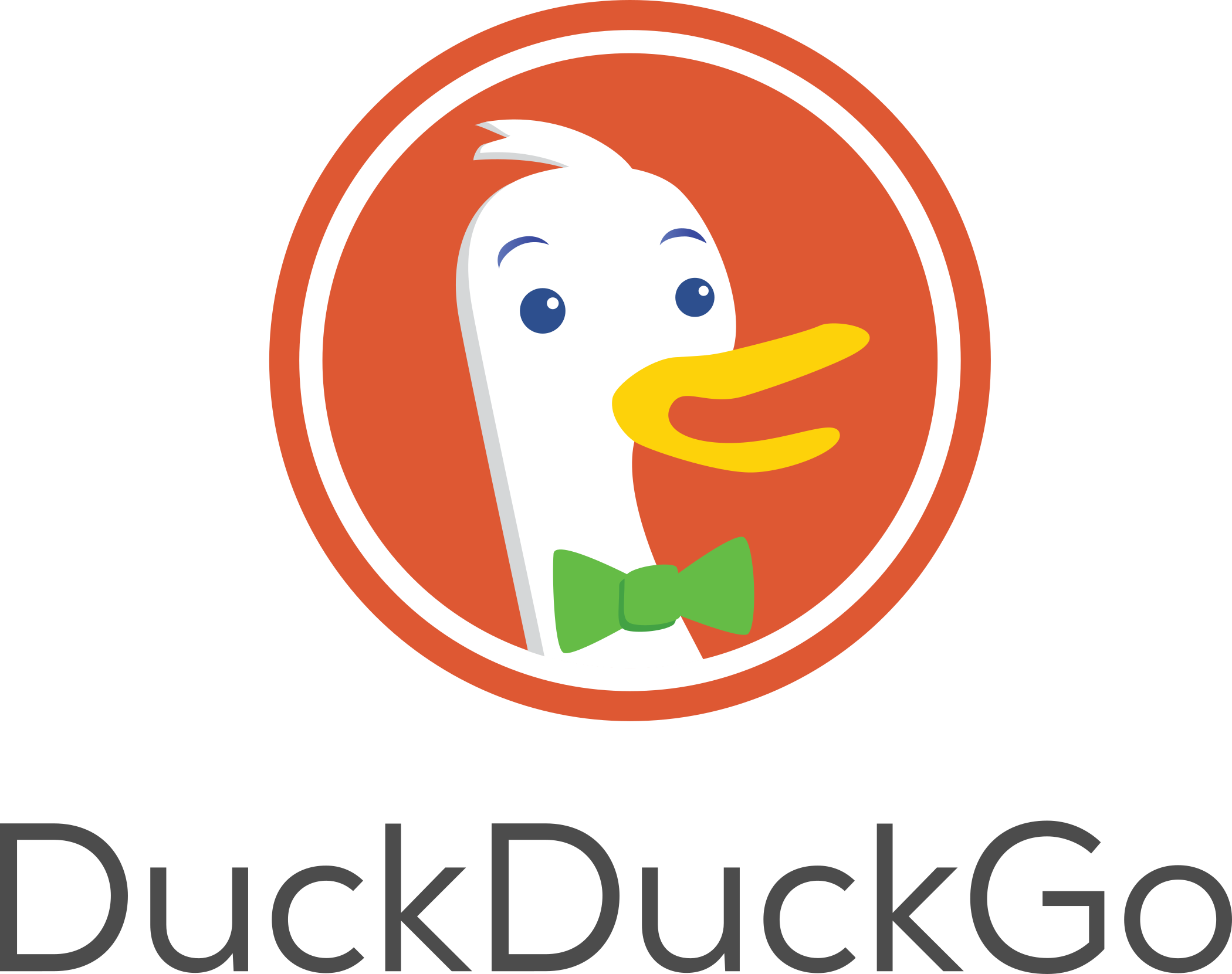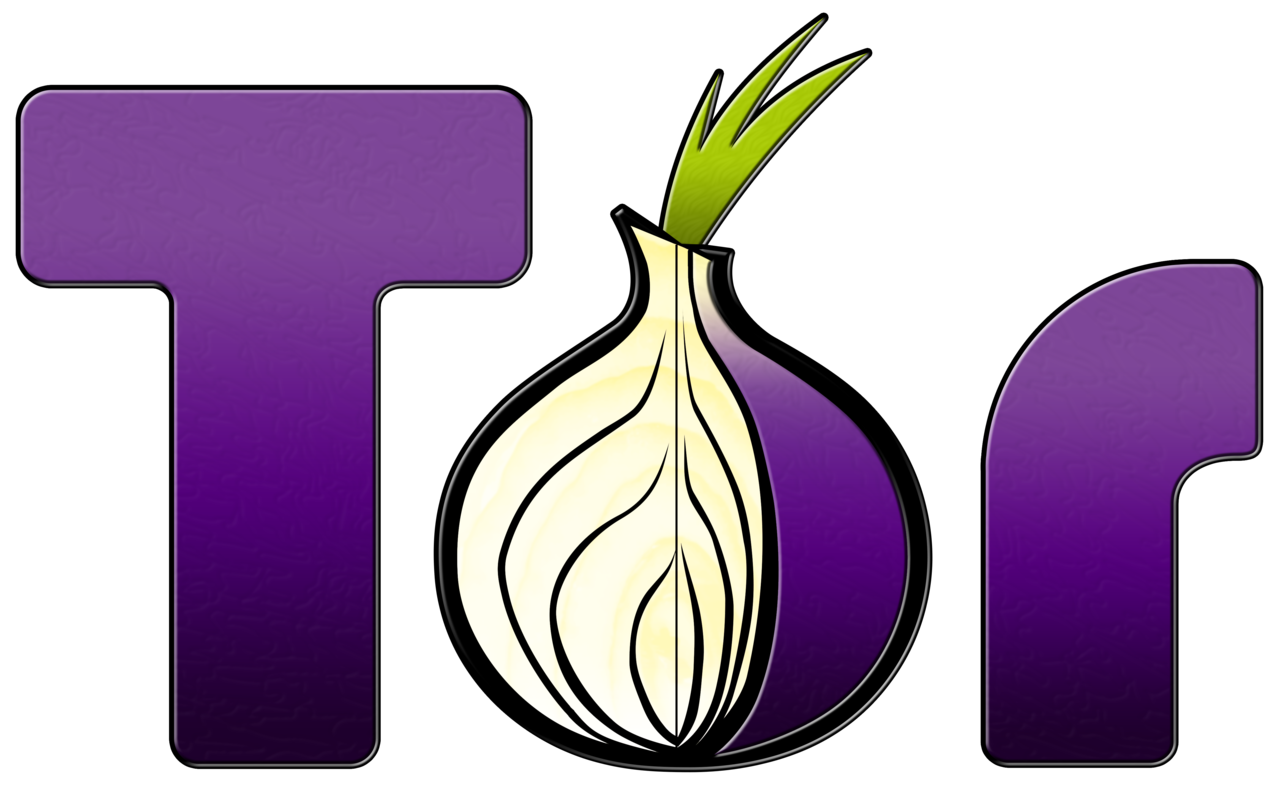




Has the use and interest in consumer privacy tools changed in relation to key historical events?
Use the event selector below to analyze that historical event
The bar charts will be blank unless an event is selected
Google Trends Results for Privacy Tools
Google Trends measures relative interest in certain terms using the worldwide number of searches for those terms. A score of 100 corresponds to the highest interest level that any of these terms achieved over the time period. A score of 50 means half of that interest level. This allows us to roughly gauge how interested people were in tools that help consumers protect their online privacy.
A VPN creates an encrypted tunnel from your device to the VPN provider, and routes all your Internet traffic through this tunnel. Then the VPN provider forwards your traffic to the website you wanted to access. They are marketed as a privacy improvement in cases where your Internet access is untrustworthy, such as the Wi-Fi at a hotel. But it's important to keep in mind that the VPN provider itself may see your traffic, so you must choose a provider that you trust not to do that.
TOR (The Onion Router) is a protocol for highly secure Internet access. It works by encrypting your data with several layers, and routing it through a series of nodes. Each node only undoes one layer of encryption, which makes it difficult for a third party to track the path that it took since the data transmitted each time is different.
DuckDuckGo is a privacy-preserving search engine. They also provide additional tools such as a browser extension that blocks tracking scripts.
Brave is a web browser based on Chromium (which is also the base for Google Chrome and Microsoft Edge) with privacy tools (like an ad blocker and support for sending traffic over TOR) built-in.
Startpage is another privacy-preserving engine. It delivers Google search results but proxied via their server so that Google can't track your search traffic.
Social Media
Social Media exists on the complete opposite spectrum of privacy compared to these aforementioned privacy tools. There are very few laws and oversight governing the handling of private information, which can lead to a gross abuse of trust by these companies. In light of the massive privacy scandals over the years, we can see that there has been very little slow down in the growth of these companies.
Search Engines
Search Engines are especially dangerous to privacy with how much personal information they have access to. The revenue model of search engines is based on collected user search data to sell to online advertisers. They also suffer from a lot of the same issues as social media, having very limited goverment oversight. Although not as much as social media, nearly all search companies have been subject to data breaches or privacy scandals over the years. We can see that there is a slight downward trend in the leading search engine (Google Search). However it is still far and away the most popular search engine and towers over DuckDuckGo, the most popular privacy-centric search engine.
VPNs
VPNs are one of the best tools for consumer privacy. As mentioned in the Google Trends section, they work by hiding your internet traffic through an encrypted tunnel. This makes your internet experience more private, helping prevent your Internet Service Provider as well as other potentially malicious data farming entities from seeing what you are doing. We can see that VPN usage has boomed in recent years (starting in 2017), perhaps due to an increased awareness in the need for online privacy. Despite that, the total amount is still a small percentage (<10%)
What can you do?
We can see from the data that while some privacy tools are on the rise in the public eye, the vast majority not only neglect to use these services but they also still use services that actively threaten their online privacy, despite these events. If you want to protect yourself against these threats, here are some great tools!




